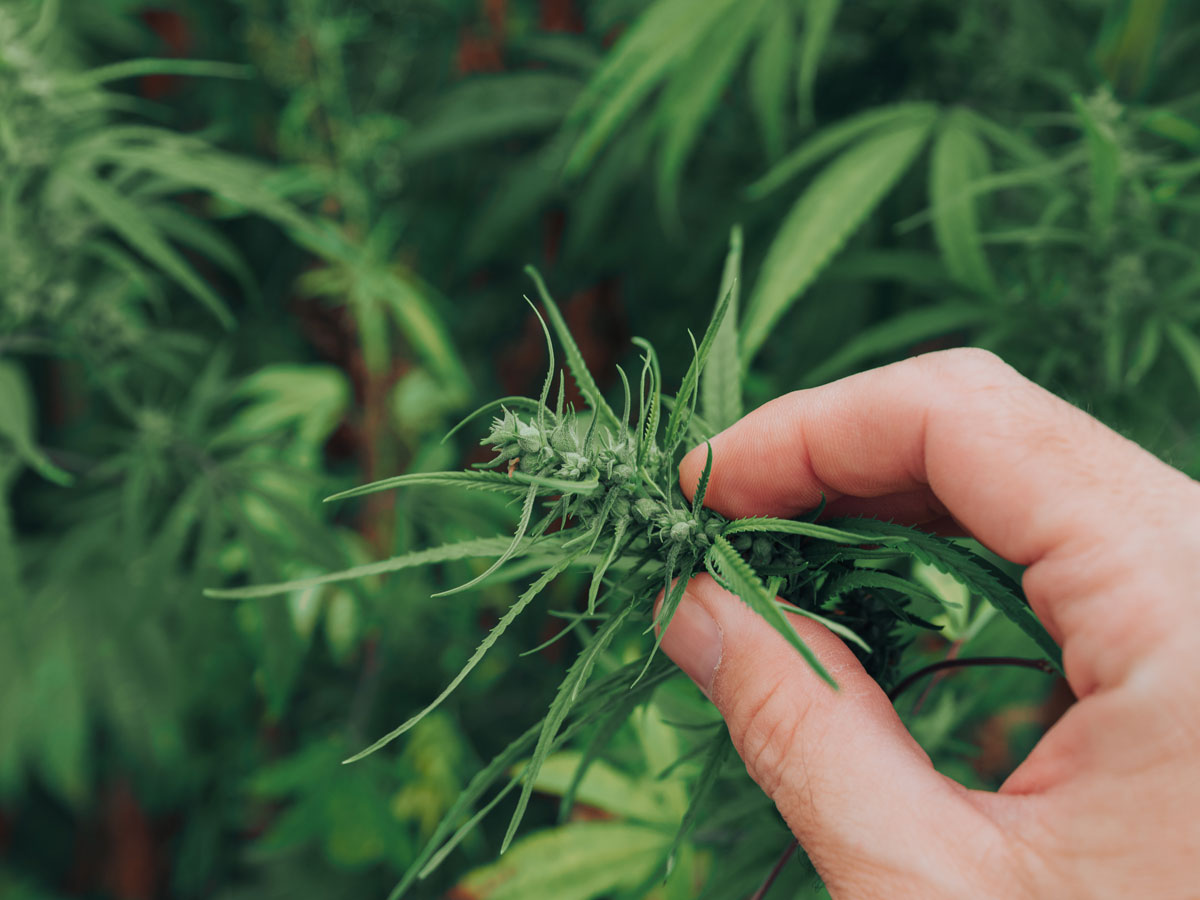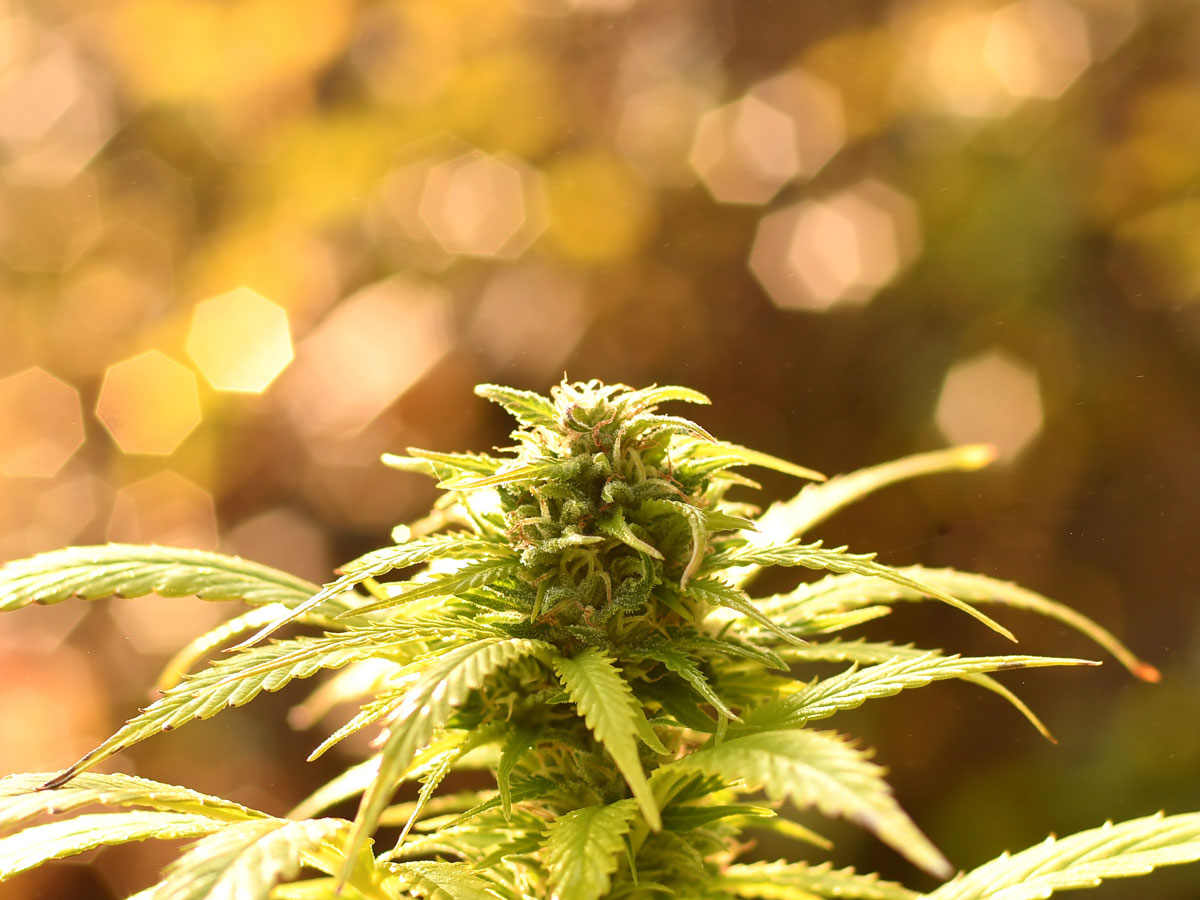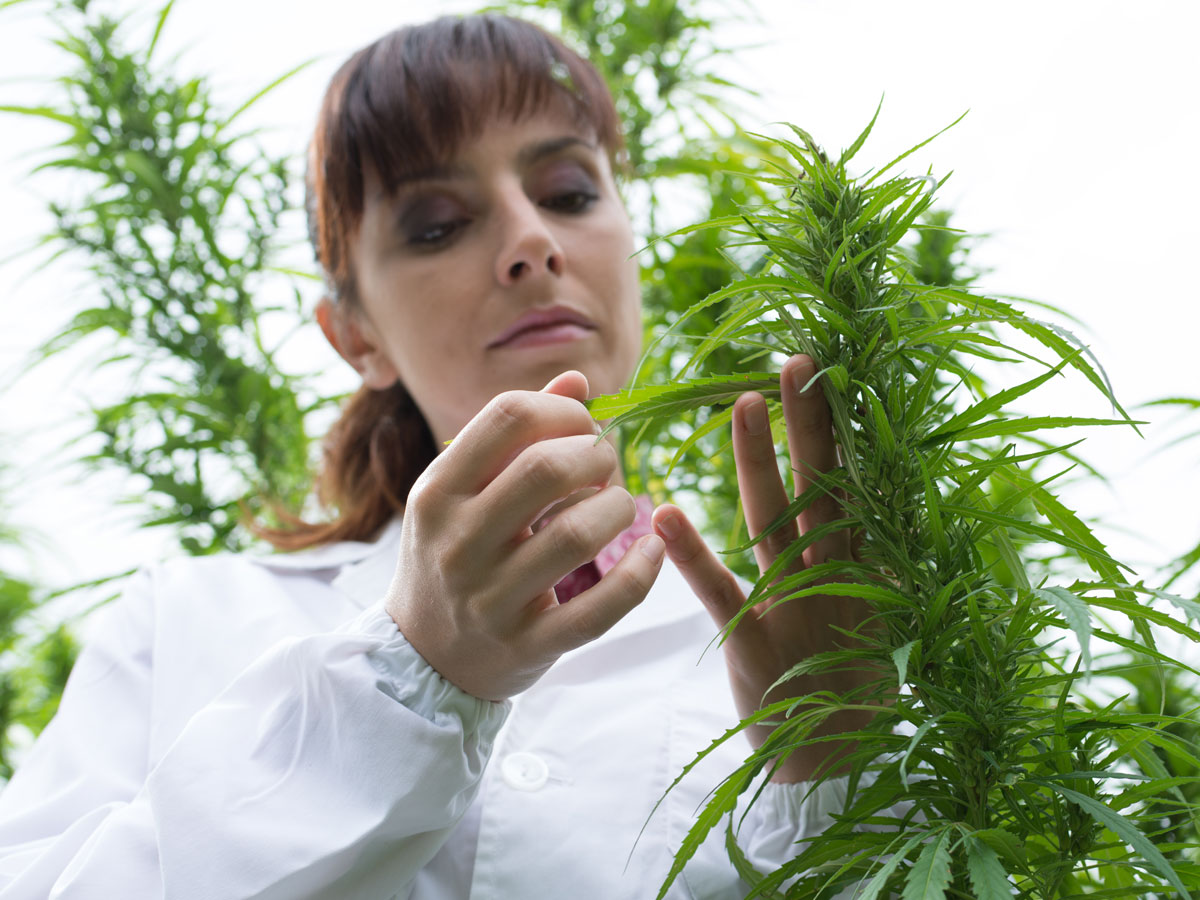People are becoming more curious about their options as the legalization of cannabis is growing in the country. Cannabidiol (CBD) and tetrahydrocannabinol (THC) are the two most popular natural compounds found in the cannabis plants.
Both have an extensive range of applications and are similar at the molecular level. Indeed, until recently ,it was believed that they were the same substance and the similarities between the two have often led to confusion among people.
The fact remains that their chemical properties vary widely enough to distinguish THC as a psychoactive drug, while CBD is non-psychoactive and therefore considered to be legal and safe worldwide. CBD is easily available in the form of various products like oils, topicals, gummies and other types of edibles at various medical marijuana dispensaries.
What is CBD?
Cannabidiol, commonly known as CBD, is a cannabis compound that has remarkable medical benefits and does not make people feel “high”. It can actually prevent the psychoactivity of THC. The fact that cannabis rich in CBD is less psychoactive than THC-dominant cannabis, makes it a tempting option for patients who are looking for relief from various medical conditions like inflammation, psychosis, seizures, spasms, etc. without having the disturbing feeling of lethargy.
- THC – Cannabis with high THC Levels
- CBD – Cannabis with high CBD Levels
What is THC?
THC (Tetrahydrocannabinol) is the major component of the cannabis plant possessing psychoactive properties. It is responsible for creating the ‘high’ corresponding to recreational cannabis use.
What is the difference between their chemical structure? Both are chemically similar to the body’s own endocannabinoids in the endocannabinoid system. This enables them to interact with the cannabinoid receptors. The interaction affects the release of neurotransmitters in the brain which are basically the chemicals responsible for relaying messages between cells.
Although they both have exactly the same molecular structure constituting of 21 atoms of carbon, 30 atoms of hydrogen and 2 atoms of oxygen. The only major difference in the chemical structure between the two is the way their atoms are arranged. This results in differing impacts of both of them on our body.
The Legality
There have always been issues regarding the use of both, specifically in the United States. These issues have been evolving on a regular basis. In the US, mostly all the forms of cannabis except cannabis seeds are considered illegal and they haven’t been legalized yet. THC is one of the substances on the list of controlled substances, so it has been outlawed under federal law for now.
About 20 states including Washington, D.C., have approved cannabis-related laws making the use of medical marijuana with CBD and particular levels of THC legal. They are usually prescribed by a licensed physician or a marijuana doctor. You can also order weed online from a licensed online dispensary. In addition, 9 states in the US, have made the recreational use of cannabis having both legal. Federally, it still remains illegal. You can buy cannabis legally in the states where the use of recreational and medical use of cannabis is legal.
The Medical Benefits
Studies have shown that CBD and THC have a lot of medical benefits in common. Both of them can provide relief from many of the same medical conditions. However, CBD doesn’t cause the psychoactive effects that happen with THC. People mostly prefer using CBD because of the lack of this side effect.
CBD is used to help with other various conditions, such as seizures, inflammation, pain, mental disorders, inflammatory bowel disease, nausea, migraines, depression, anxiety, etc. Whereas, THC is used to help with conditions such as pain, muscle spasticity, glaucoma, insomnia, low appetite, nausea, anxiety, etc.
The Side Effects
CBD can be tolerated well, even when it is consumed in large doses. Research suggests that any side effects that occur with the use of CBD are generally the result of interactions between CBD and other medications you might be taking.
THC can cause side effects which are temporary, such as increased heart rate, coordination problems, dry mouth, red eyes, slower reaction times and memory loss. These side effects are caused due to psychoactive properties of the compound.
None of the two compounds are fatal. But a high amount of THC consumption may be connected to negative effects. This has been true for adolescents who consume large amounts of THC. Use of the compound increases the risk of some serious psychiatric disorders.
Written by THC.com Correspondent Kathy Cooley,





Comments
There are no comments yet.